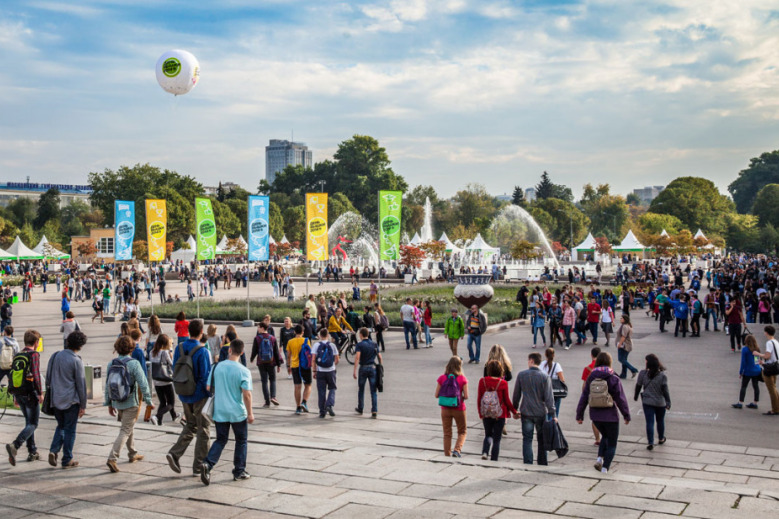
On Campus

On September 1, 2017, Sean Winkler joined the School of Philosophy as a research fellow for one year. Originally from Chino Hills, California, he holds an undergraduate and Master’s degree in philosophy from Loyola Marymount University (Los Angeles, California), as well as a Master’s degree and PhD from KU Leuven (Leuven, Belgium).
It was a class in cultural evolution during his second year as an undergraduate at Tufts University that caused Brian McLoone to become hooked on philosophy. A native of Phoenix, Arizona, he went on to complete his PhD in philosophy of biology at the University of Wisconsin–Madison in 2016. He will be joining the HSE School of Philosophy as an Assistant Professor in early September.
One of HSE’s newest faculty members is Francis Tyers, who will join the School of Linguistics on August 28 as an Assistant Professor. A native of Normanton on Soar, a small village in the south of Nottinghamshire in England, he joins HSE following a postdoctoral fellowship at UiT Norgga árktalaš universitehta in Tromsø in the north of Norway, where he worked on language technology for Russian and the Sámi languages. Prior to that, he completed PhD studies in the Department of Languages and Information Systems at the Universitat d'Alacant in Spain.
During the annual road expedition 'Cultural Effects of Borders', culture studies students from HSE visited Georgia, Armenia, and – for the first time – Iran. They talked to HSE News about the tastes and colors of Iran, and about how compliments form the foundation of the country's communications culture.

A mobile app, developed by the HSE School of Linguistics with Samsung and the Leo Tolstoy State Museum won the Runet Prize 2015 in the Mobile Runet category.

